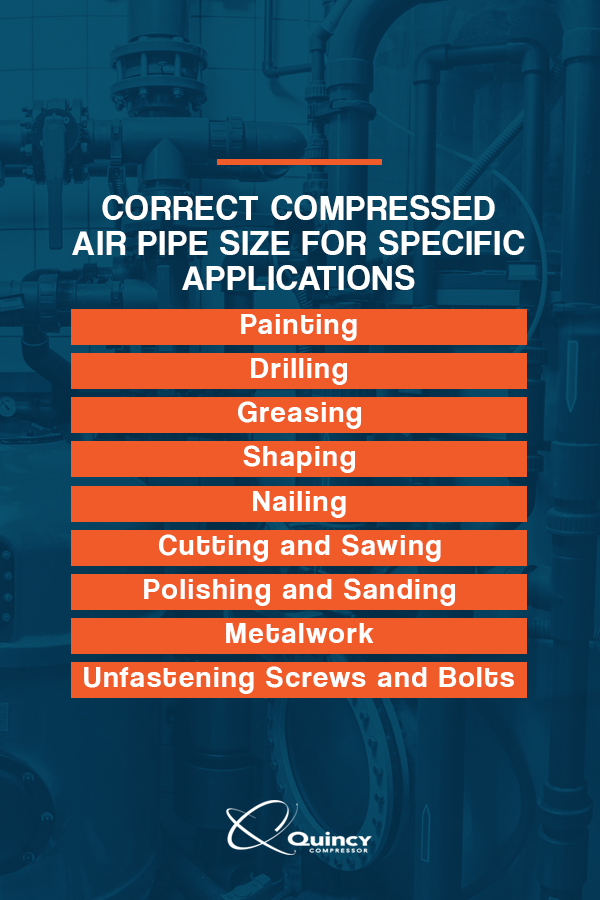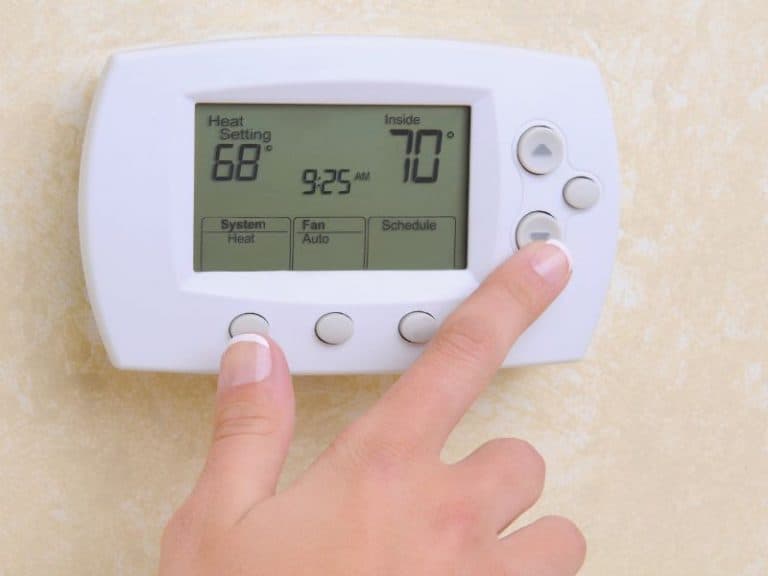Purchasing a house is one of the biggest investments you will ever make, so it’s essential to choose an area that meets all of your requirements.
However, this decision can be quite complex. There are several elements to take into account when making this choice.
1. It is a material defect
In the early 1970s, polybutylene pipe material was introduced. It was inexpensive and resistant to pressure. Unfortunately, over time the minerals and chemicals added to municipal water systems reacted negatively with this pipe, creating brittle, weak poly pipes that became increasingly vulnerable to leaks and water damage.
In 1995, this issue led to a class-action lawsuit and ban on poly pipes in building construction. As a result, manufacturers paid out billions of dollars in settlements to affected owners and building managers.
Unfortunately, there are still a number of homes in the United States built during this era that contain polybutylene pipes. While they are not required by law to be removed, they may not always be easy to spot.
When a home inspector performs an inspection, they will look for polybutylene pipes. These may come in blue, black or gray colors with the letters “PB” etched into them. Additionally, these polybutylene pipes often have copper connectors attached.
A plumber who detects polybutylene pipes in your system likely recommends replacing them before any issues arise. Doing this is wise as it will prevent further damages and expenses in the future.
If you plan to sell your home, replacing these pipes is a wise idea. Doing so can increase the value of your property and make it more desirable to prospective buyers.
Some sellers are even opting to re-pipe their houses before listing them for sale. This is an effective marketing strategy as it allows them to maximize the value of their home by getting it fixed up before they put it on the market.
The seller should likely disclose all known issues with the house, such as polybutylene pipes. This is essential because it informs a buyer of potential risks and allows them to make an informed decision about whether or not they want to purchase the property.
When looking to buy a house with polybutylene pipes, potential buyers should ensure the home is priced correctly so they have enough money for any necessary repairs. They should also consult their mortgage lender to see if they qualify for a loan on this property; if so, the lender may require more extensive inspections and potentially delay closing on the deal.
2. It is a liability issue
If your home contains polybutylene pipe, there are several things to take into account. One of them is whether there could be a liability issue involved.
This is of major concern as it could reduce your property value and hinder future sales. Furthermore, the cost of replacing it should also be taken into consideration.
Polybutylene, commonly used for plumbing systems until 1996, can be a weak material that eventually breaks. This could result in costly damage and repair bills as well as leaks within your walls.
Many homes built during the 1970s and ’80s still contain these pipes due to building codes that allowed for this type of piping only for water supply lines at that time.
The issue with these pipes is that they can break and leak when exposed to chlorine or other oxidants in water. This poses a serious risk and needs to be addressed as quickly as possible.
There are a few ways you can address this problem. The first is getting a professional home inspection. A qualified inspector can detect any signs of leaks or other issues with the piping system in your house.
Talking with an insurance agent about revising your coverage may also be beneficial. Most insurers won’t cover damage caused by polybutylene pipes in a home, so make sure that you have adequate protection before buying the house.
Reputable re-piping companies can replace your home’s pipes and fix any problems you may encounter. They also have the capacity to estimate how much it will cost to have the piping replaced.
Before purchasing a home, be sure to estimate the cost of installing new plumbing. Prices may vary based on the size of your house and how difficult it will be to remove drywall in areas with exposed piping.
3. It is a financial issue
If you are a homebuyer and have found the house of your dreams with polybutylene pipes, there is likely a good chance that you should not purchase it. This is because polybutylene pipes can lead to extensive financial loss in terms of damages and repairs that homeowner’s insurance won’t cover.
Fortunately, it’s easy to tell whether a house you’re considering buying has copper pipes or not. There are several straightforward methods you can use without needing to take down walls or disrupt flooring. Here are some helpful hints:
1. Conduct a home inspection and determine if there are polybutylene pipes present.
If so, have them replaced immediately as this could lead to serious water damage that could destroy drywall and flooring.
2. Check with the seller to see if they will cover your plumbing system replacement if you decide to purchase the house.
Negotiating over price reductions and offers for partial coverage of repiping the entire home can be an important negotiation point in your real estate transaction. If the sellers are aware of your concerns and you have some leverage in negotiations, they may be more inclined to agree to your requests for price reductions or even cover half the costs for you.
3. If you cannot afford to replace the polybutylene pipe, then wait until your insurance policy expires and get a new one.
Repiping your home may be covered by a new insurance policy, but this process can take an extended period of time and could cause you to miss out on money from the sale of your property.
4. The cost of repiping your home will depend on the scope of the job. Typically, an interior repipe costs $150-$500; however, exterior repiping can be much more costly, particularly if your house is located in a flood zone.
Replacing polybutylene piping is a significant investment and should not be taken lightly. That is why it’s so essential to gather all relevant information before making an offer on a home with this type of plumbing system.
4. It is a legal issue
Before deciding whether or not to purchase a house with polybutylene pipe, it is essential to learn more about this plumbing system and its history. Furthermore, keep in mind that polybutylene pipes have an increased risk of rupturing, which could result in serious damages to both your home and possessions.
Polybutylene piping was a widely-used material from 1978 to 1995, though it was eventually banned due to a class-action lawsuit that followed multiple product failures and health hazards. Despite this ban, many homes still feature polybutylene piping systems even though it no longer represents the preferred material for residential piping systems.
Polybutylene pipes can be hard to detect and prone to leaks, but they also have several other drawbacks you should be aware of. They’re susceptible to rusting and corrosion over time, plus there’s a higher likelihood that they’ll leak, leading to costly water damage or mold remediation expenses.
Another potential problem is that insurance companies may not cover homes with this piping, leading to higher premiums for homeowners. Be mindful of this before making a purchase as it could significantly affect your insurability and the value of the home.
Before purchasing a house with polybutylene pipes, it is wise to consult your insurance agent about whether this poses an issue. They will likely request that an expert inspect the pipe in question in order to confirm its presence.
If your home contains copper piping, it is strongly advised that you replace it as soon as possible. Doing so can reduce your monthly water bills and guard against costly repairs in the future.
Before purchasing your home, it is wise to have it inspected. A qualified inspector should be able to detect whether you have polybutylene pipes and provide advice on their condition or need for replacement.
Homeowners looking to sell their house should make sure they disclose the presence of polybutylene piping in their property. Doing this helps shield potential buyers from having to deal with this issue later during the home-buying process and shields them from getting sued over it.


